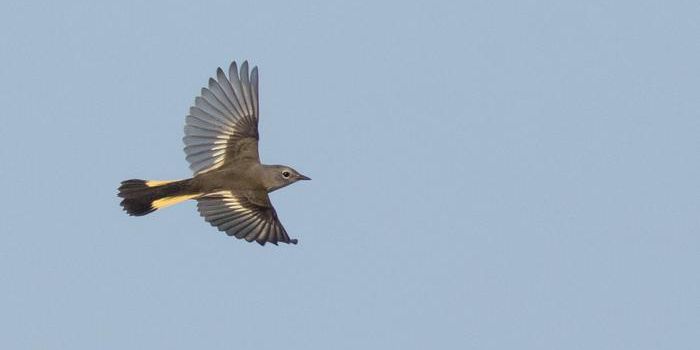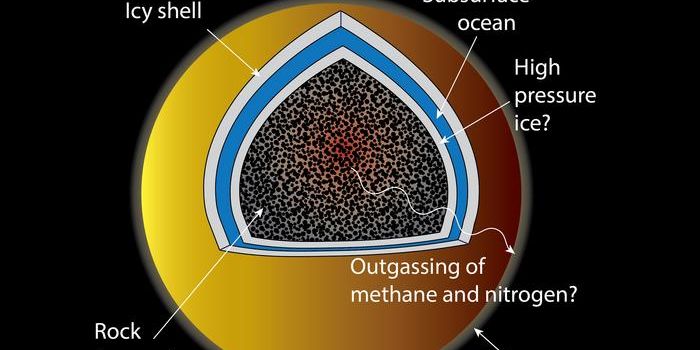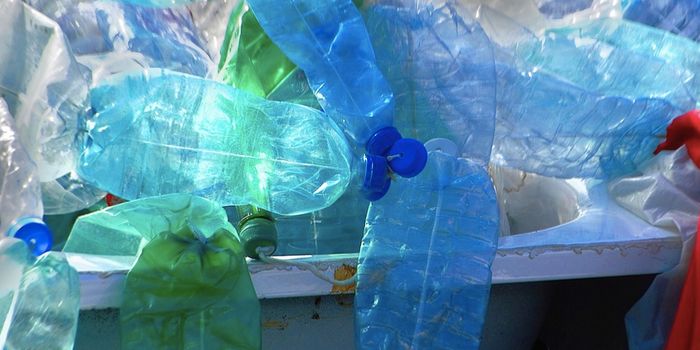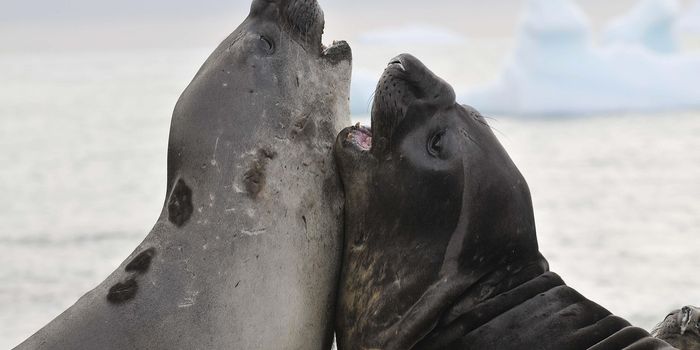Scientists Demonstrate How Air Pollution Changes the Way Plants Communicate
In a recent study published in the Proceedings of the Royal Society B: Biological Sciences, a team of researchers from Finland examine how air pollution affects the communication dynamics of conifers, a type of tree species that dominate boreal forests. This study is the first to examine how conifers respond to their environment, specifically when being attacked by bark beetles, also known as bark-feeding weevils, as the researchers cite a previous study that examined broadleaved plants in the same manner.
In that study, those researchers identified that broadleaved plants release volatile organic compounds called herbivore-induced plant volatiles (HIPVs), which essentially communicates with other plants to increase their defenses. In the case of conifers, they release HIPVs when attacked, which the conifers demonstrate susceptibility to.
"Whereas broadleaved plants have been frequently shown to respond to chemical odors, the same observations have not been seen in conifers. Therefore, we decided to look whether conifers undergo a similar response and were amazed at the results," said Doctoral Researcher Hao Yu of the University of Eastern Finland, who is lead author of the study.
For the current study, the researchers demonstrated that Scots pine seedlings release large amounts of HIPVs in the atmosphere when attacked by the weevils. This starts a chain reaction that causes undamaged plants to release the same HIPVs, while also preparing themselves to release more if they are concurrently attacked by the weevils.
The researchers also examined how the receiver plants responded under increased ozone conditions, and while they discovered significant alteration in the receiver plant’s responses, their ultimate defense result was unaffected.
"The different responses of receiver plants made us think that the communication process was eliminated, but receiver plants still had more resistance to weevils," Yu states.
Sources: Proceedings of the Royal Society B: Biological Sciences
As always, keep doing science & keep looking up!









